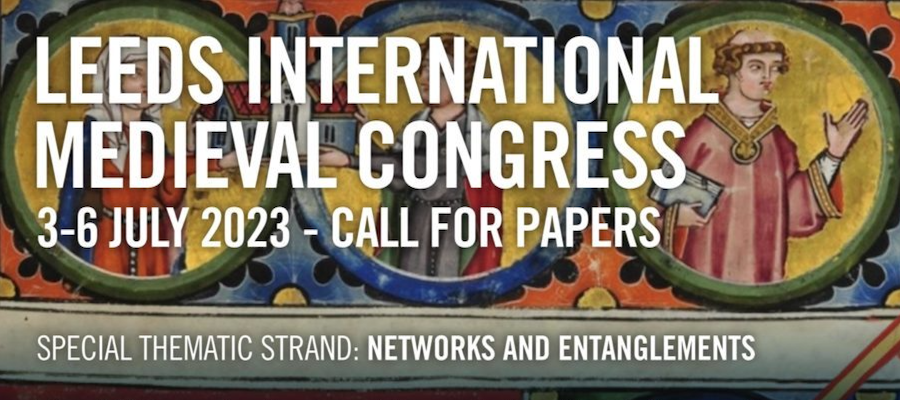"No Island is an Island": The Byzantine Insular Networks from Late Antiquity to Medieval Period, session at the 2023 International Medieval Congress, University of Leeds, July 3–6, 2023
The image of islands in Mediterranean historiography is often entangled with an ambivalent one. On the one hand, Braudel confessed to his fascination for islands as miniature continents or as small but indispensable landfalls (like in the very case of the Aegean Archipelago) along the sea routes, between islands themselves, and the seacoast. Nevertheless, although not doomed to an irredeemable isolation, he dwells upon the main characteristics of islands regarded as secluded, precarious, and often dangerous environments. On the other hand, Horden and Purcell championed connectivity of local insular (and not) micro-ecologies at a Mediterranean scale: a concept allowing us to identify ways in which specific physical and social features of insular sites emerged and were determined by their role in land and maritime networks.
In this light, and with regard to Byzantine historiography a rather traditional historiographical approach to islands of the Byzantine Mediterranean as peripheral, isolated, and too-distant-from the capital has been slowly deconstructed. Indeed, insular spaces have been recontextualised as encompassing various economic, religious, and artistic networks. These networks have tied the islands not only to one another, but also to the mainland. This connectivity was maintained by agents such as pilgrims, travellers, merchants, artists, as well as the daily movement of the local people.
With all this in mind, in this session, we are seeking approaches to these networks connecting the islands of the Byzantine Mediterranean in a diachronic, comparative, and inter-disciplinary perspective, including but not limited to history, literature, archaeology, and art history. Topics can include (but should not be limited) to:
- Patterns of change in insular urban and rural settlement patterns between the coasts and the inland landscapes.
- Insular material culture and their role as proxies for reconstruction of economic (and not) insular network analysis.
- Byzantine literary approaches to islands and insular spaces.
- “Islandness” in Byzantium.
- Connectivity and mobility of people and goods across Byzantine islands.
- Climate change and human-environment interaction.
Session organizers
Zeynep Olgun
Luca Zavagno
